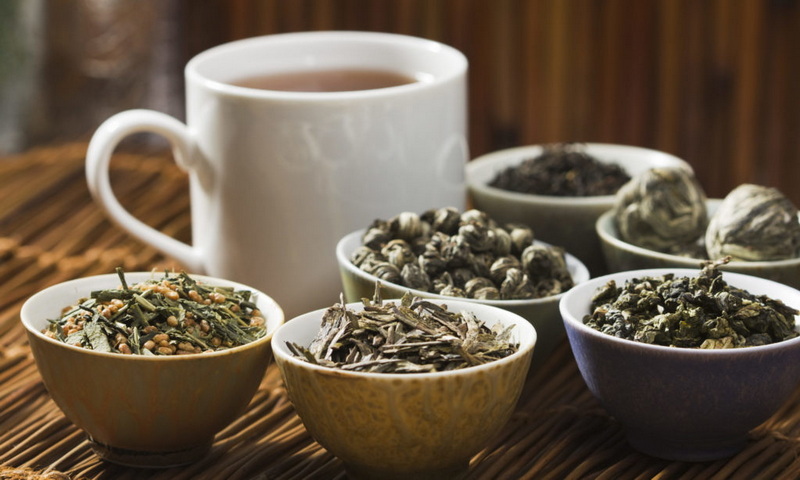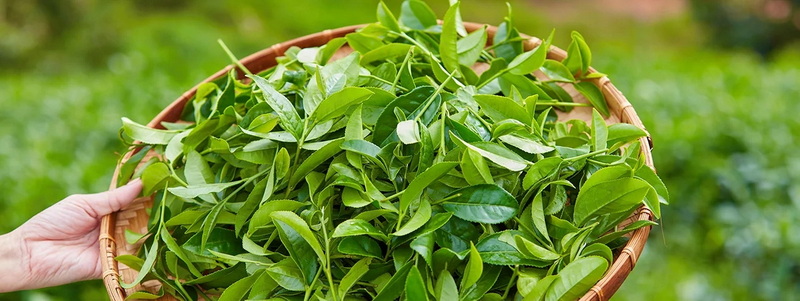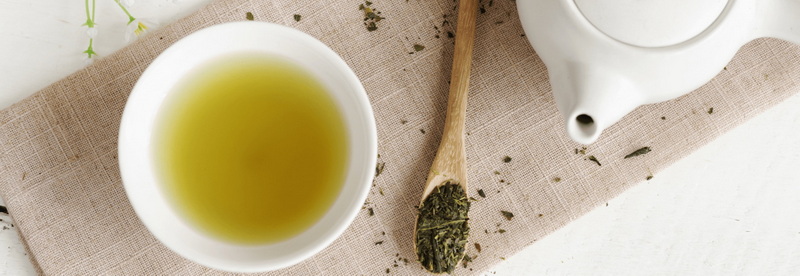Content Menu
● Introduction to Green Tea and L-Theanine
>> L-Theanine Content in Green Tea
>> Mechanisms of L-Theanine in Weight Loss
● Green Tea Catechins and Weight Loss
● L-Theanine and Cognitive Benefits
● Combining L-Theanine with Other Green Tea Components
● Additional Health Benefits of Green Tea
● Incorporating Green Tea into Your Diet
● Conclusion
● FAQs
>> 1. What is the recommended dosage of L-theanine for weight loss?
>> 2. How does L-theanine interact with caffeine in green tea?
>> 3. Can L-theanine alone lead to significant weight loss?
>> 4. What other health benefits does L-theanine offer?
>> 5. How does green tea extract supplementation compare to drinking green tea for weight loss?
● Citations:
Green tea, particularly its components like L-theanine and catechins, has been extensively studied for its potential benefits in weight loss and overall health. L-theanine, a unique amino acid found in green tea, is known for its neuroprotective and cognitive benefits, but it also plays a role in supporting weight loss efforts. This article will delve into how green tea L-theanine 60% can support weight loss, exploring its mechanisms, benefits, and how it interacts with other green tea components.

Introduction to Green Tea and L-Theanine
Green tea is renowned for its health benefits, largely attributed to its bioactive compounds such as catechins (especially epigallocatechin gallate, EGCG) and L-theanine. While catechins are well-studied for their thermogenic and fat-reducing effects, L-theanine contributes by enhancing cognitive function and reducing stress, which can indirectly support weight management.
L-Theanine Content in Green Tea
L-theanine content varies among different types of tea. Green tea typically contains about 6.56 mg/g of L-theanine, making it a significant source of this amino acid. The content can be influenced by factors like the tea variety, growth stage, and environmental conditions.
Mechanisms of L-Theanine in Weight Loss
1. Stress Reduction: Stress is a known factor that can lead to overeating and poor dietary choices. L-theanine helps reduce stress levels by promoting relaxation and improving mood, which can indirectly support weight loss efforts.
2. Cognitive Function: Improved cognitive function, particularly attention and executive functions, can help individuals make better dietary choices and adhere to weight loss plans.
3. Synergy with Catechins: While L-theanine does not directly enhance fat oxidation like catechins, it can complement the effects of catechins by reducing the stimulant effects of caffeine, allowing for a more balanced metabolic response.
Green Tea Catechins and Weight Loss
Catechins, particularly EGCG, are the primary components in green tea responsible for its anti-obesity effects. They work by:
- Increasing Fat Oxidation: EGCG has been shown to enhance resting energy expenditure (REE) and promote fat oxidation, which can lead to weight loss.
- Modulating Metabolic Pathways: Catechins influence the sympathetic nervous system, increasing energy expenditure and promoting the oxidation of fat.

L-Theanine and Cognitive Benefits
L-theanine is well-documented for its cognitive benefits, including improved attention and working memory. These cognitive enhancements can help individuals maintain focus on their weight loss goals and make healthier lifestyle choices.
Combining L-Theanine with Other Green Tea Components
When L-theanine is combined with catechins, it can enhance the overall benefits of green tea for weight loss. L-theanine reduces the potential side effects of caffeine, such as jitteriness and anxiety, allowing for a smoother metabolic boost from catechins.
Additional Health Benefits of Green Tea
Beyond weight loss, green tea offers numerous health benefits:
- Antioxidant Properties: Green tea is rich in antioxidants, which help protect against oxidative stress and inflammation.
- Cardiovascular Health: Regular consumption of green tea may reduce the risk of cardiovascular diseases by improving lipid profiles and lowering blood pressure.
- Anti-Cancer Properties: Some studies suggest that green tea catechins may have anti-cancer effects, although more research is needed to confirm these findings.
Incorporating Green Tea into Your Diet
For those looking to incorporate green tea into their weight loss regimen, here are some tips:
- Brewing Green Tea: Use one teaspoon of loose-leaf tea or one tea bag for every 8 oz of water. Steep for 1-3 minutes to avoid bitterness.
- Supplementation: Consider green tea extract supplements if you prefer a more concentrated form of catechins and L-theanine.
- Combining with Exercise: Green tea can enhance the effects of exercise by increasing fat oxidation and improving metabolic health.
Conclusion
Green tea L-theanine 60% can support weight loss by complementing the effects of catechins, reducing stress, and enhancing cognitive function. While it does not directly increase fat oxidation, its synergistic effects with other green tea components make it a valuable addition to a weight loss regimen. Maintaining a balanced diet and regular exercise is crucial for sustainable weight loss, and green tea can be a beneficial adjunct.

FAQs
1. What is the recommended dosage of L-theanine for weight loss?
The optimal dosage of L-theanine for weight loss is not specifically established, but typical doses for cognitive benefits range from 200 to 400 mg per day. For weight loss, it is often combined with other green tea components like catechins.
2. How does L-theanine interact with caffeine in green tea?
L-theanine is known to reduce the stimulant effects of caffeine, such as jitteriness and anxiety, allowing for a smoother metabolic response from catechins.
3. Can L-theanine alone lead to significant weight loss?
L-theanine alone is unlikely to cause significant weight loss. It supports weight loss efforts by enhancing cognitive function and reducing stress, but it should be combined with a calorie deficit and regular exercise for effective results.
4. What other health benefits does L-theanine offer?
L-theanine offers several health benefits, including antioxidant, anti-inflammatory, neuroprotective, and cardiovascular protective effects. It also aids in improving sleep quality and reducing stress levels.
5. How does green tea extract supplementation compare to drinking green tea for weight loss?
Green tea extract supplements often contain higher concentrations of catechins than brewed green tea, which can be more effective for weight loss. However, drinking green tea can provide additional benefits from other bioactive compounds and may be more sustainable as part of a daily routine.
Citations:
[1] https://pmc.ncbi.nlm.nih.gov/articles/PMC11431230/
[2] https://www.nature.com/articles/s41598-024-59383-y
[3] https://www.frontiersin.org/journals/nutrition/articles/10.3389/fnut.2022.853846/full
[4] https://pmc.ncbi.nlm.nih.gov/articles/PMC9785698/
[5] https://pmc.ncbi.nlm.nih.gov/articles/PMC9014247/
[6] https://pmc.ncbi.nlm.nih.gov/articles/PMC8080935/
[7] https://www.healthline.com/nutrition/green-tea-and-weight-loss
[8] https://www.nature.com/articles/d42473-023-00394-0
[9] https://pmc.ncbi.nlm.nih.gov/articles/PMC7142516/






























